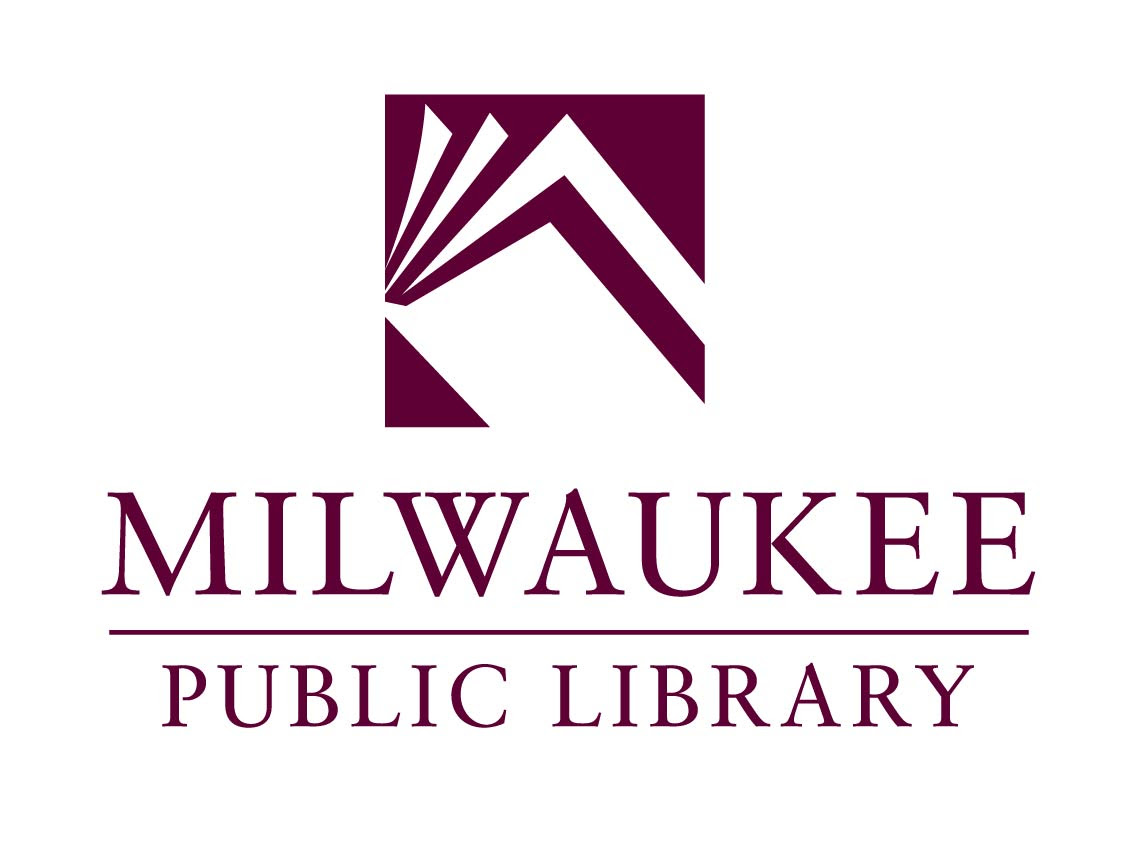Humor as Medicine for the Soul
Prompt Against Anxiety #22 | from poet, fiction writer, and essayist Mauricio Kilwein Guevara. A Professor of English in the Creative Writing Program at UW-Milwaukee, his recent books include Autobiography of So-and-so: Poems in Prose and Poema.

Breaking Labor News
Our job was to lubricate the time machine and keep it oiled, but man, we just now found out we’re being paid by the hour.
—Ron Carlson, Hint Fiction
When I was a kid, one way that I knew I could have a positive interaction with my late father, after a stressful day, was to watch comedies with him, whether it was old Abbott and Costello movies from his childhood or one of his favorite sitcoms, Sanford & Son. Sometimes he would laugh so hard that he had to rub his face with both hands, and then he’d finally be relaxed. One of my dad’s favorite sayings was, “It doesn’t have to be therapy to be therapeutic.” That explains why most nights I enjoy a good dose of The Daily Social Distancing Show with Trevor Noah on Comedy Central. For me, humor isn’t just an afterthought, it’s essential to my daily wellbeing and emotional health.
To that end, you might want to try this exercise that I assigned to my students recently in a class called “Microbrews” (dedicated to studying and writing very short literary forms).
The Prompt:
A few years back Robert Swartwood published a little book (it fits in a back pocket) called Hint Fiction, a collection of postage stamp-sized stories. Each hint fiction has a title, but the body of the text can only be 25-words or fewer. Super tiny, eh? Yes!
I’d like you to try to write five or so hint fictions that are intentionally funny. Remember, even though the form is miniaturist, it’s still a story. You’ll want a narrative point of view. You’ll want to have a character or two in some sort of conflict or tension with one another or a situational context. Miscommunication, misunderstanding, a missed opportunity—all of those things make for productive, comical tensions. Dramatic irony (where the reader understands something critical that one or more of the characters don’t) is wunderbar! Generational or other cultural impediments to communication are fun peppercorns to add to the pot. Egocentrism and narrative voice are also helpful ingredients. So, have at it and have fun and see what you come up with!
Prompts Against Anxiety is sponsored by Milwaukee Public Library, an anchor institution that helps patrons read, learn, and connect—to our resources and our community. Now more than ever, stay connected, stay home, and stay safe.
More from this series
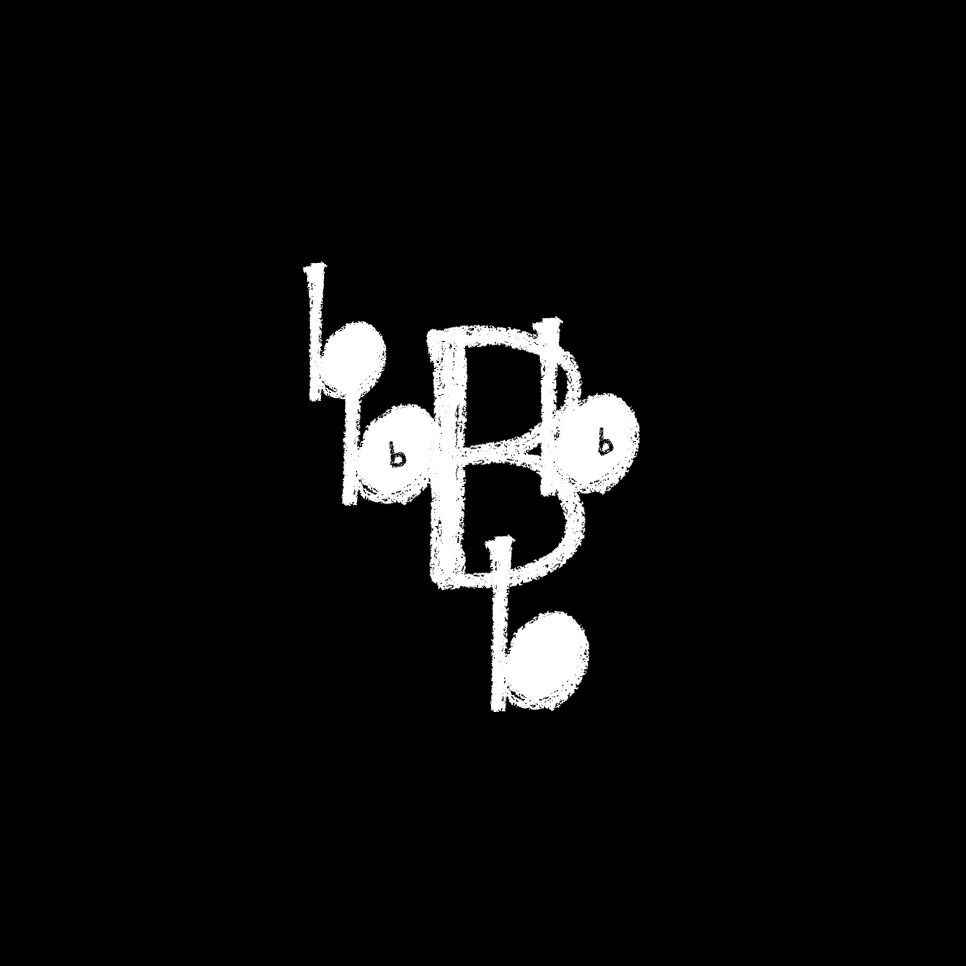
The Word was in the beginning but it is made of letters.Prompt #40—giovanni singleton

Write in NaturePrompt #39—Oogie Push
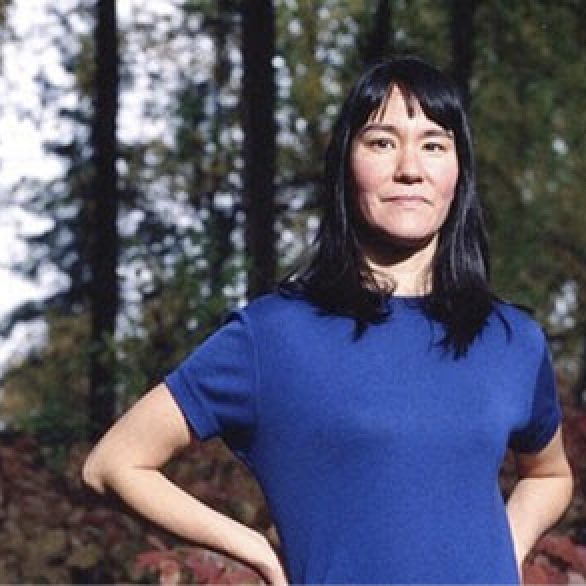
Real FoodPrompt #38—Joan Kane
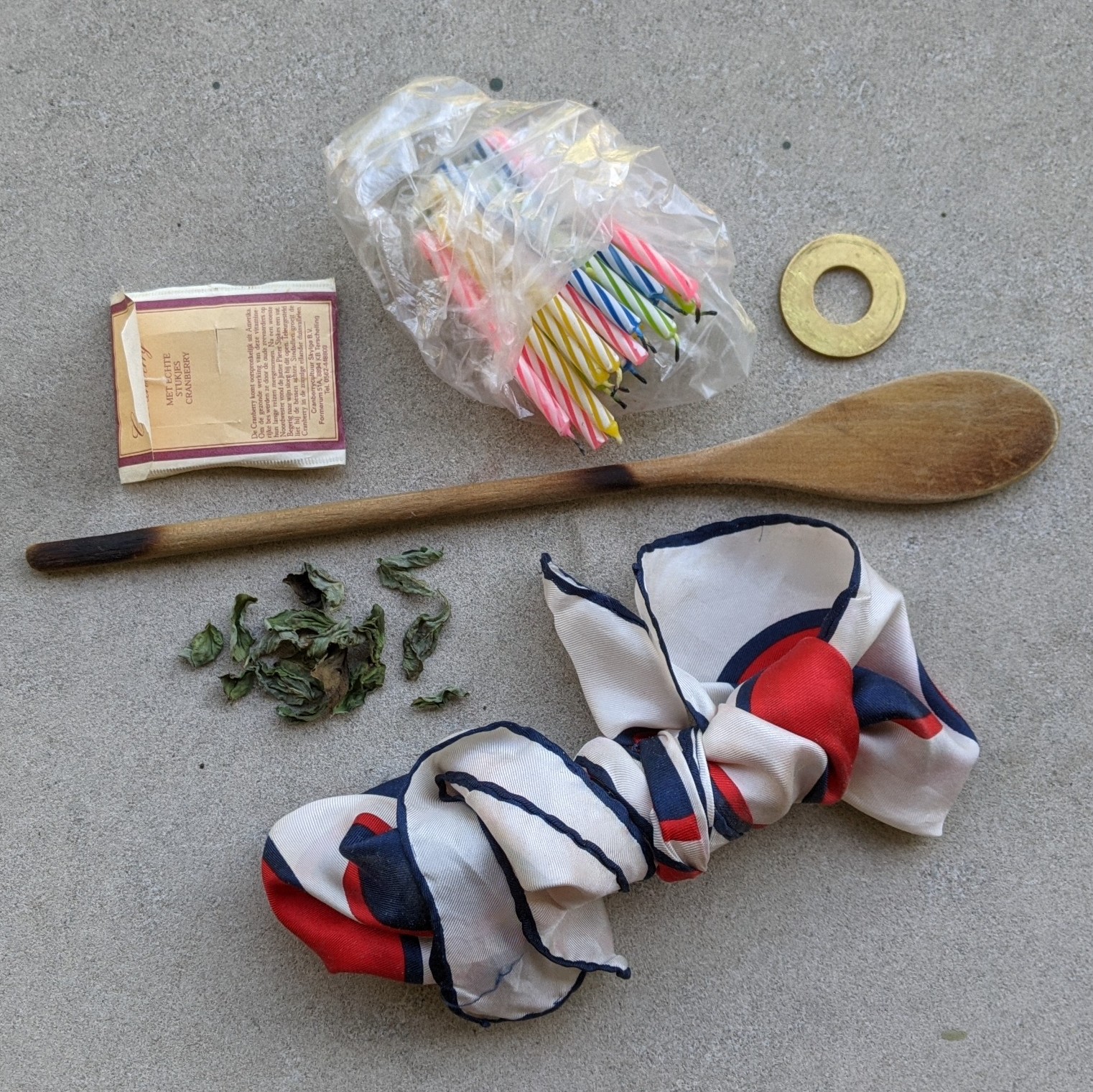
You Don't Need Proust to Smell GoodPrompt #37—Elizabeth Hoover
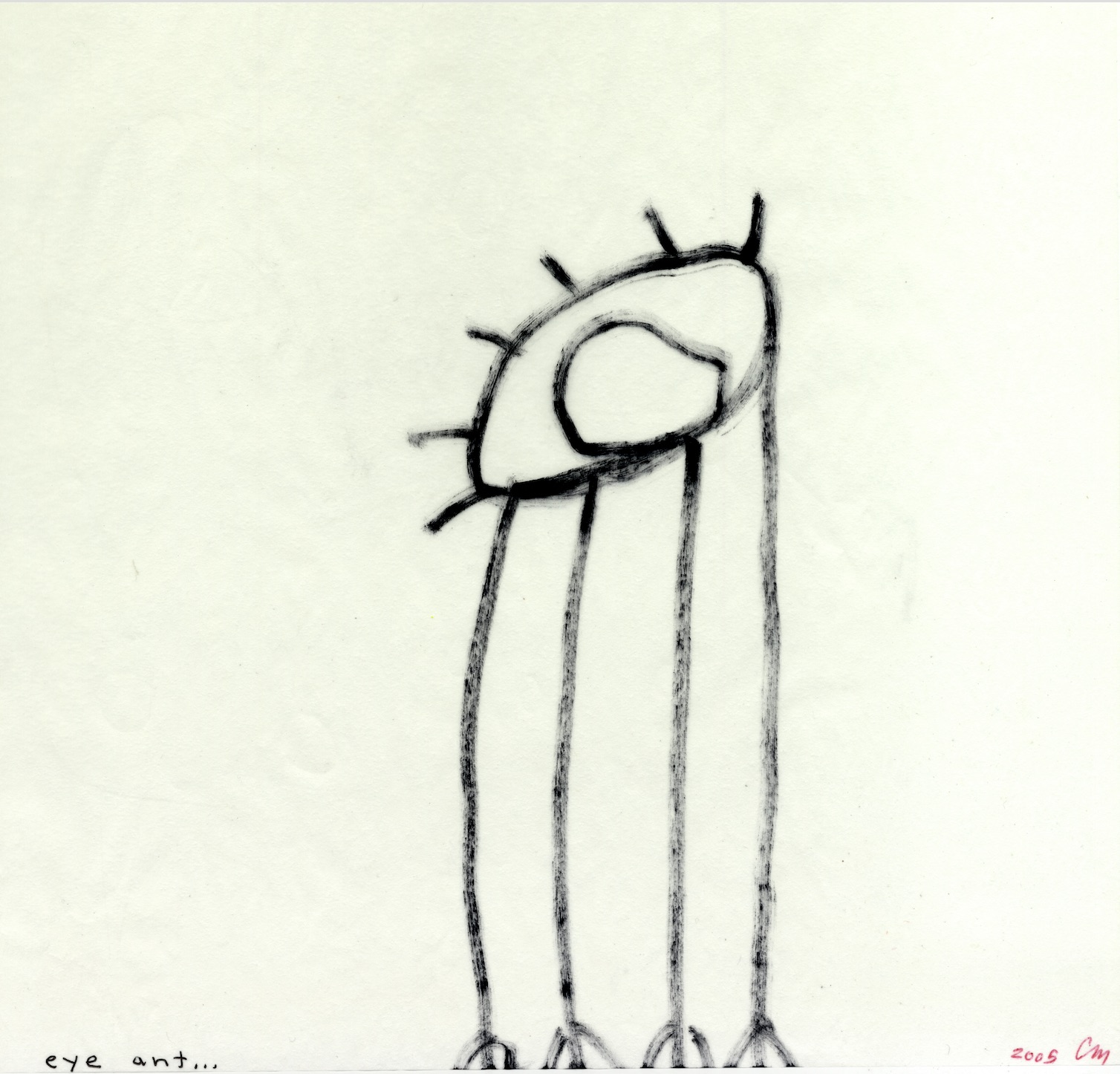
Find Your Own FormPrompt #36—Sawako Nakayasu

Tarot Recall: A Visionary Exercise for the PresentPrompt #35—Laurence Ross

Queers in Love at the End of the WorldPrompt #34—CJ Scruton
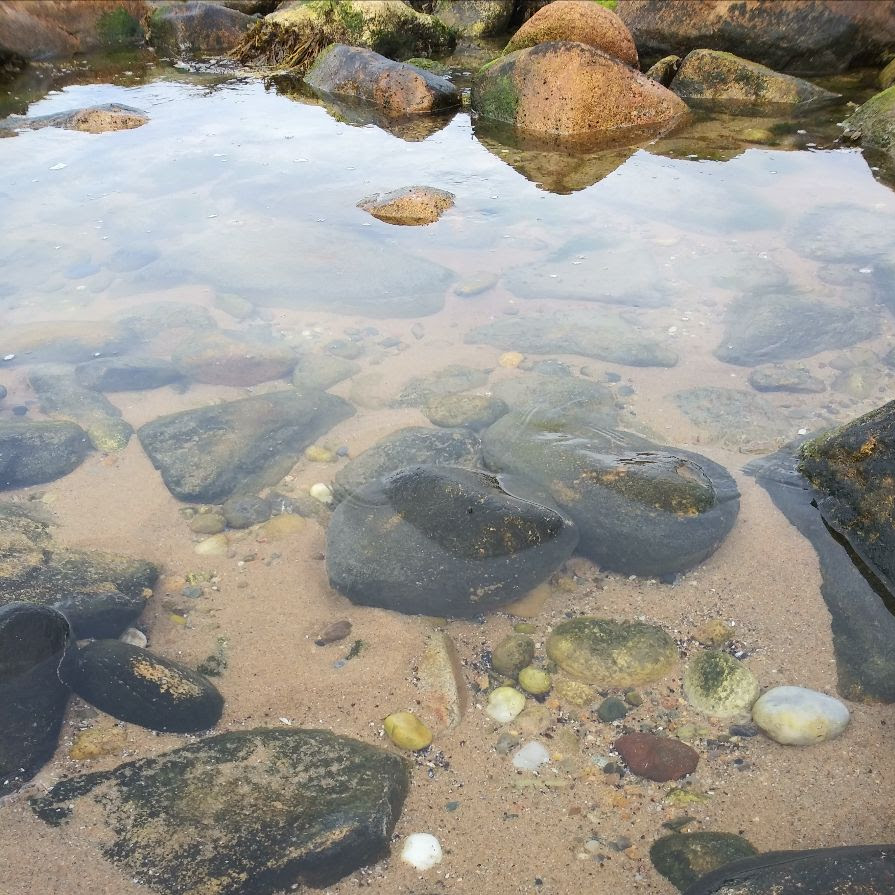
WORKBOOK FOR CHANGE: TWO PROMPTSPrompt #33—Kate Schapira

Preparation for the PromptPrompt #32—Lisa Fishman

Collage Your Own Writing PromptPrompt #31—Helen Hofling
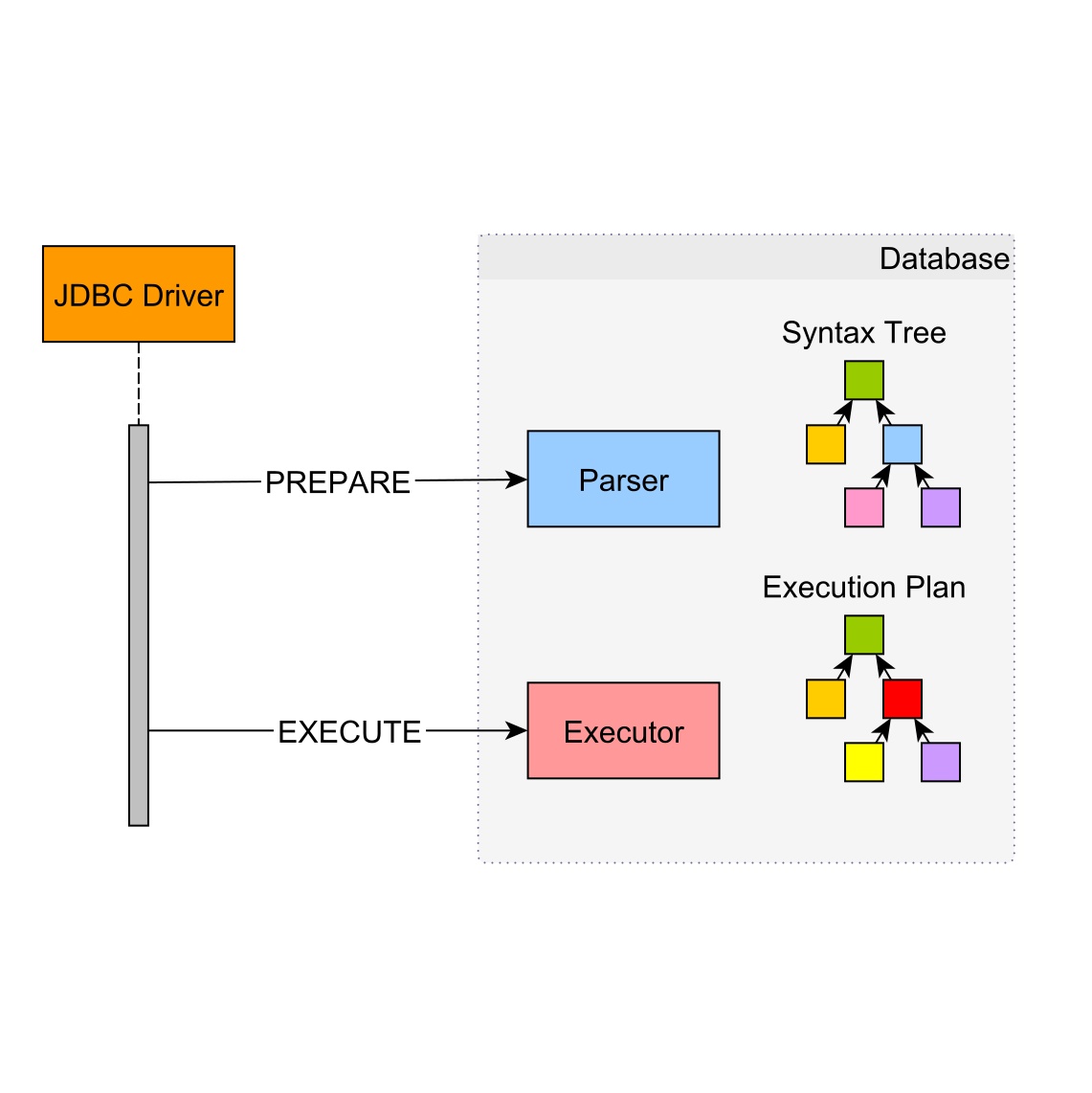
Prepared StatementPrompt #30—Mike Hauser
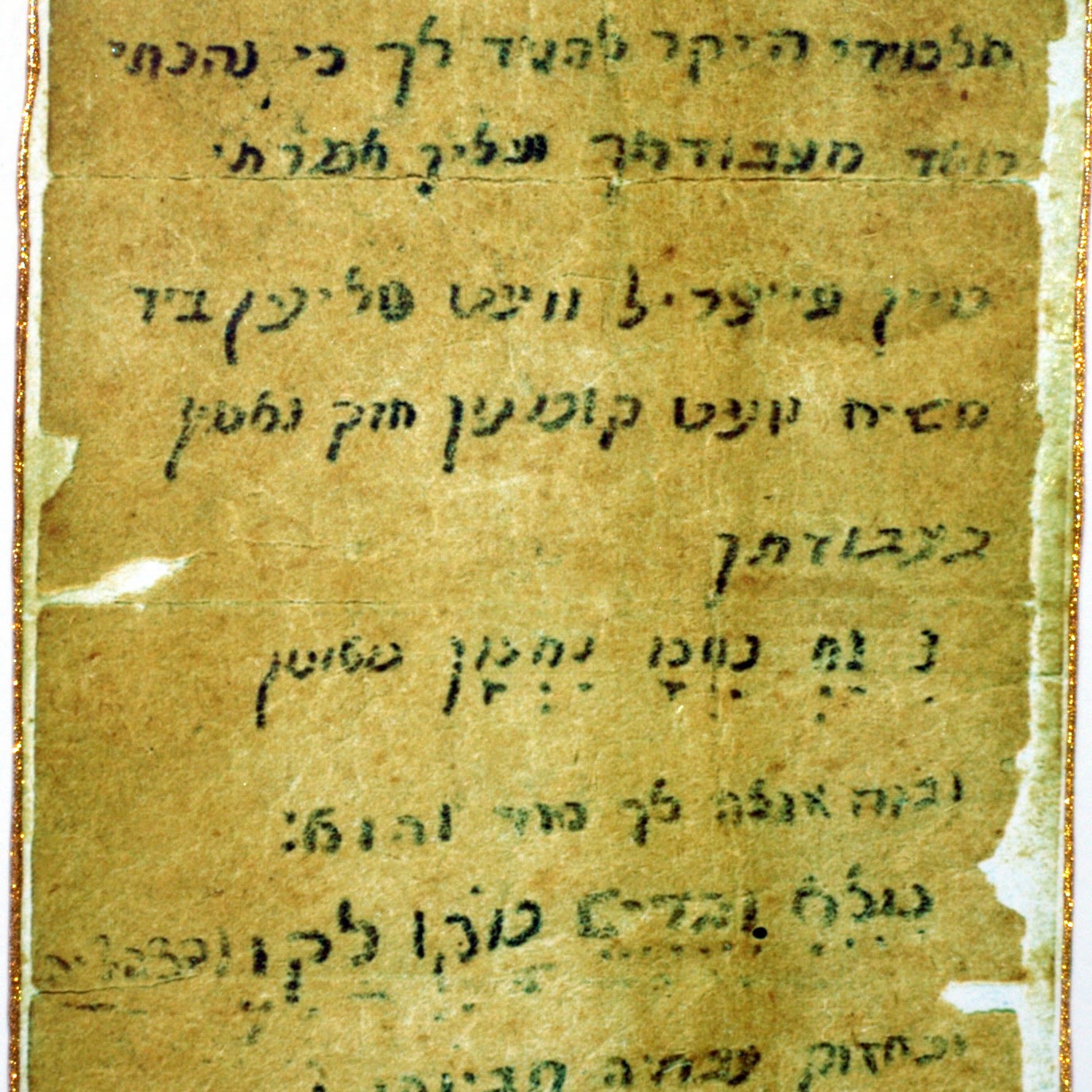
Repeat Repeat WritePrompt #29— Lewis Freedman

Poetic CorrespondencePrompt #28—Eric Baus

EKPHRASIS YOURSELFPrompt #27—Jennifer Nelson
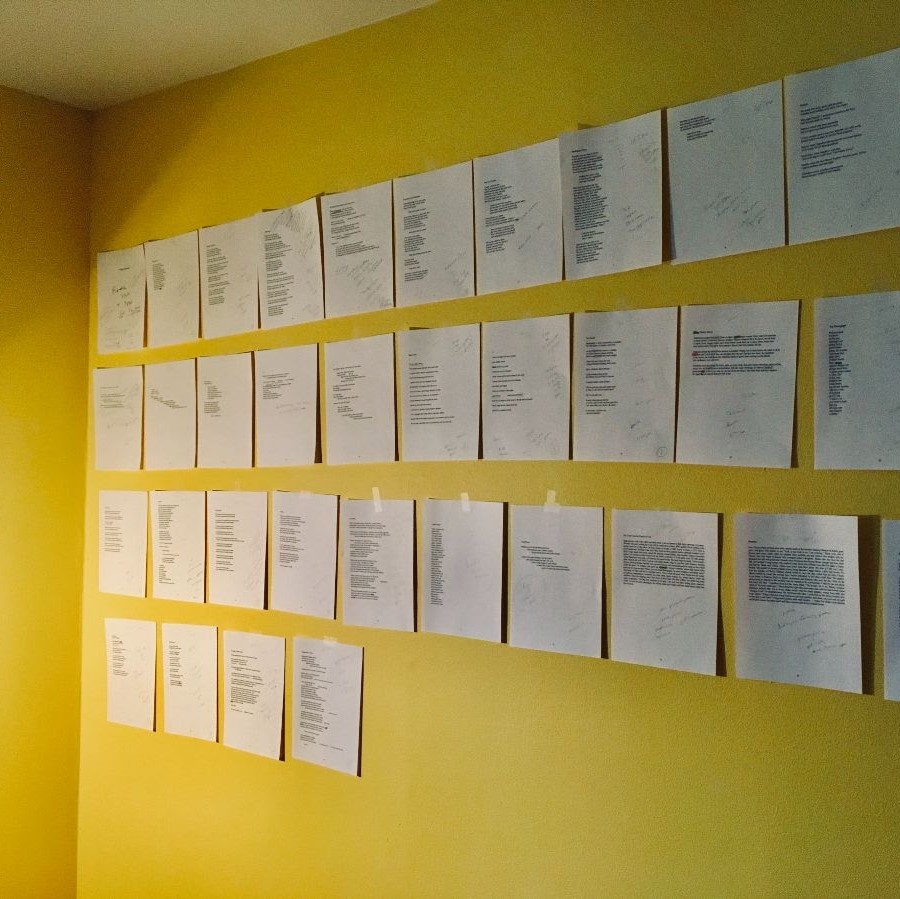
POETRY IS FOR THE PEOPLEPrompt #26—Angela Trudell Vasquez
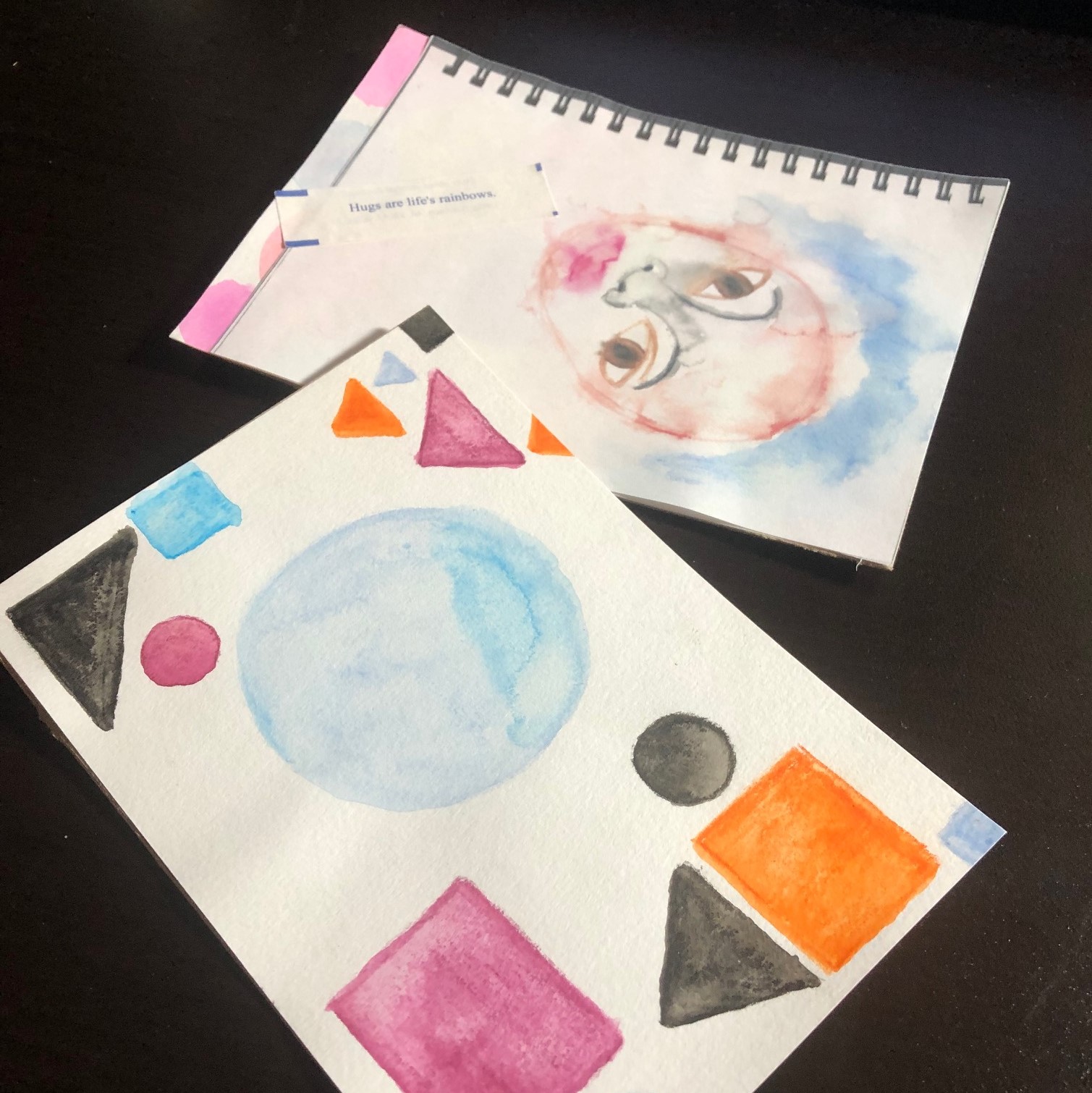
MAIL ARTPrompt #25—Siwar Masannat
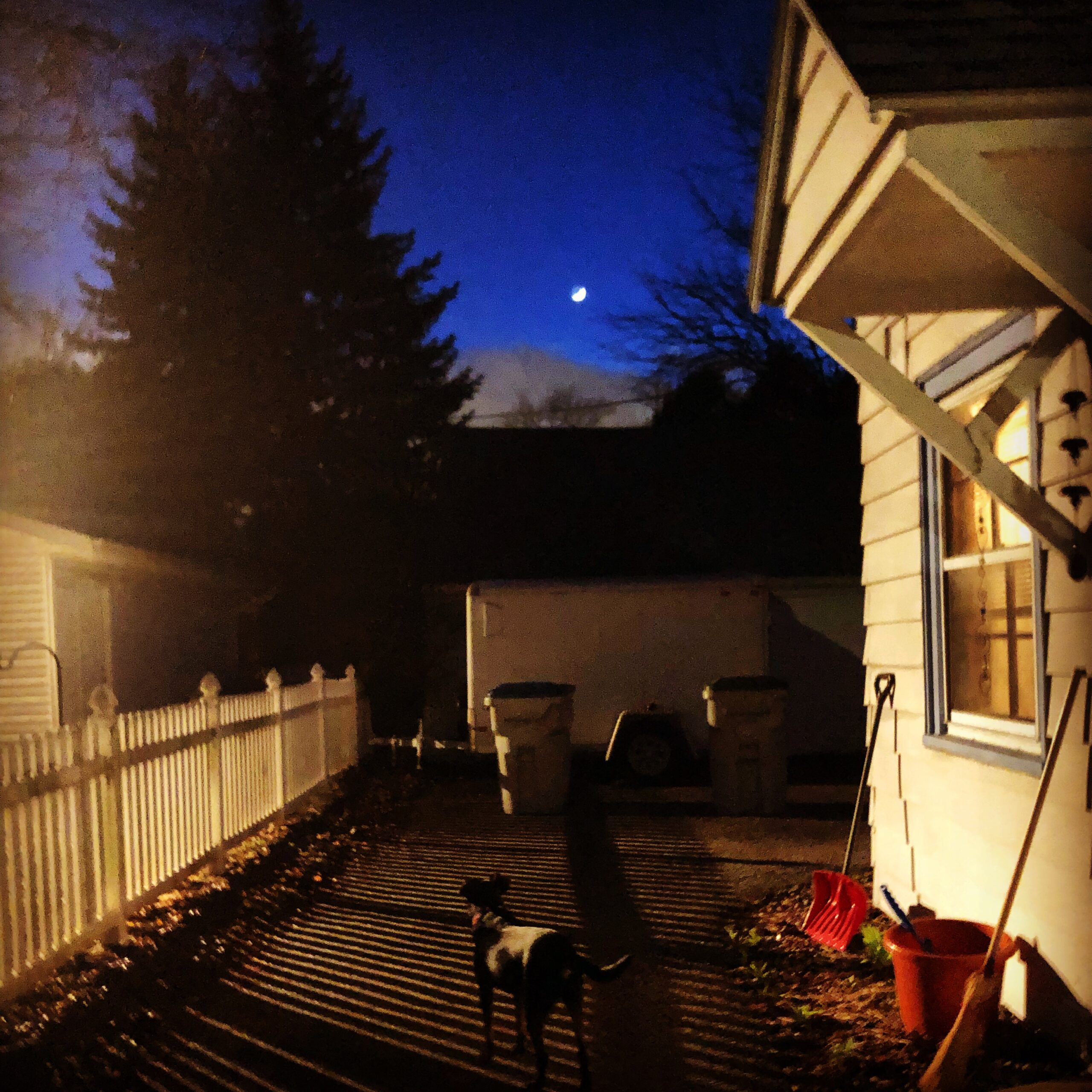
VISUAL POSTCARDSPrompt #24—Portia Cobb
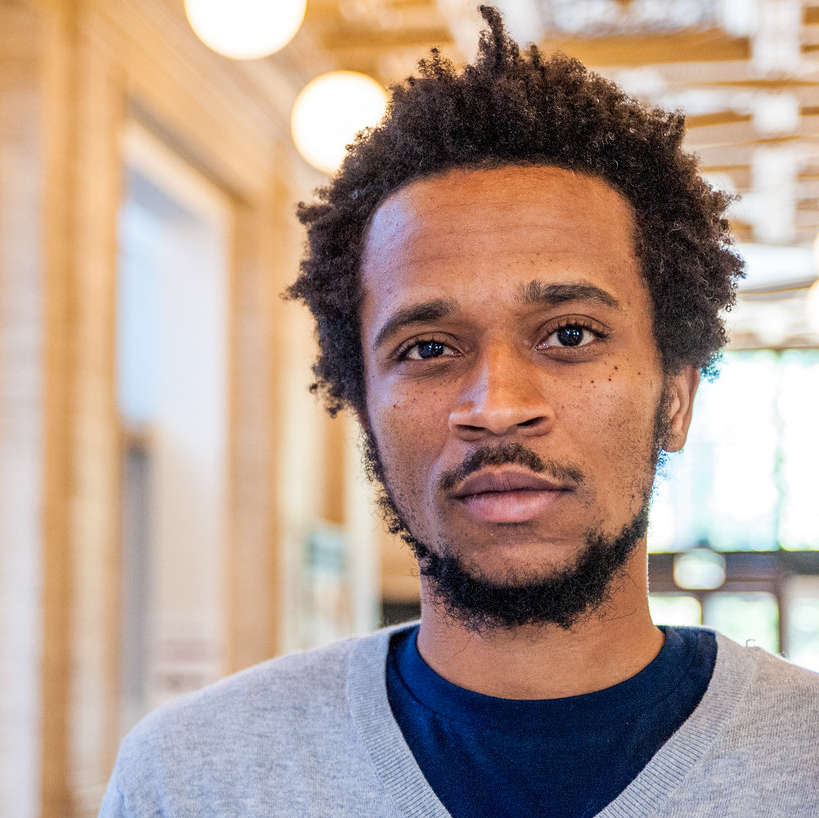
A [LONGER-TERM] DEEP LISTENING PROMPTPrompt #23—Jibade-Khalil Huffman

Humor as Medicine for the SoulPrompt #22—Mauricio Kilwein Guevara

Personification: A Social Justice PromptPrompt #21—Derrick Harriell

Ponge ExercisePrompt #20—Tyrone Williams
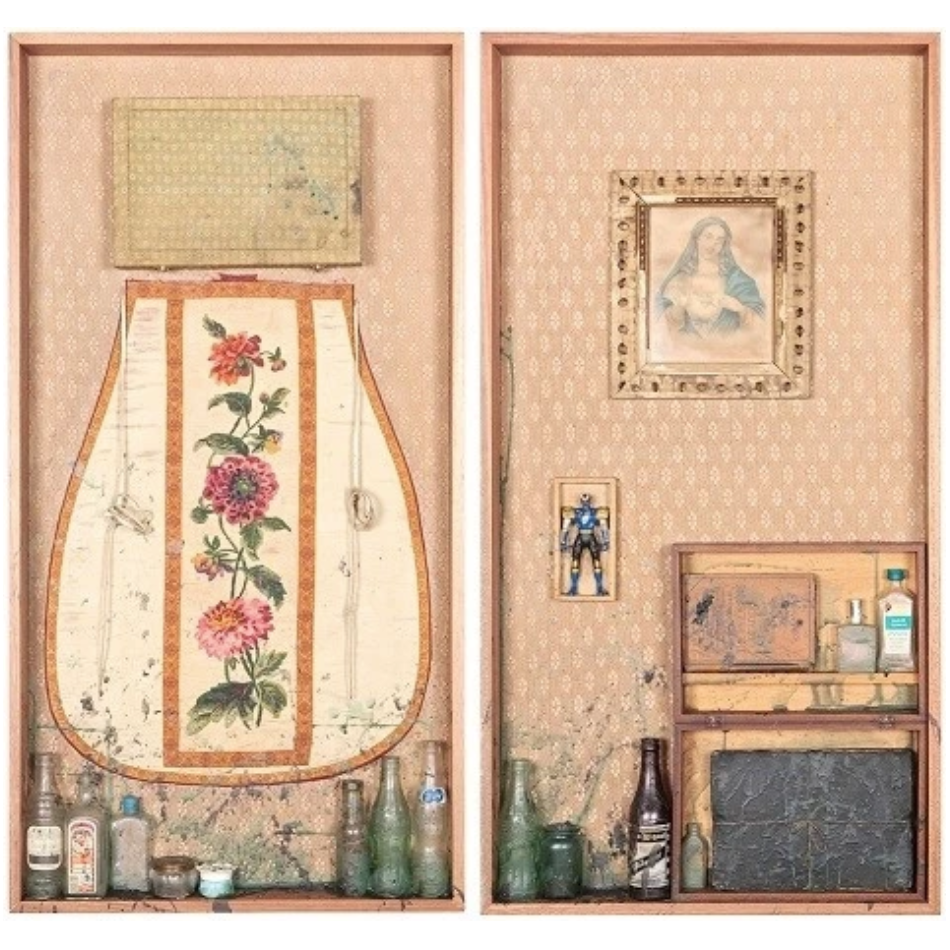
Occult DocupoesisPrompt #19—Kimberly Alidio
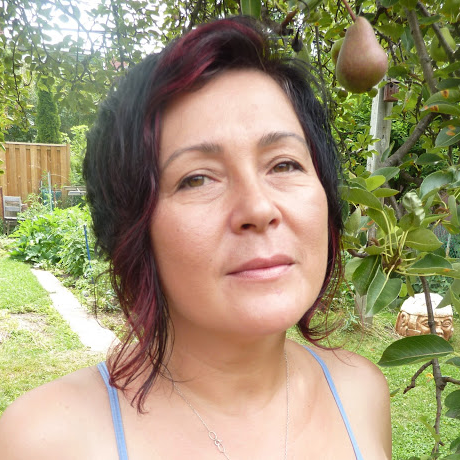
Junk Drawer SongPrompt #18—Hoa Nguyen

TALK TO THE POETSPrompt #17—Stacy Szymaszek
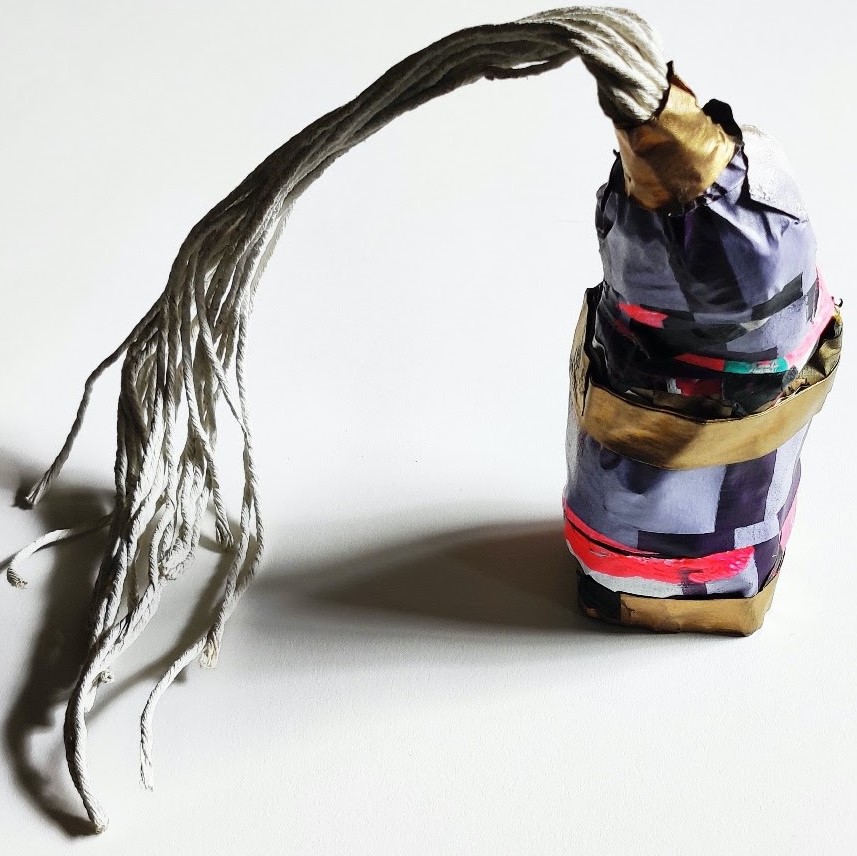
Make-Do Origin Stories & Concrete FuturesPrompt #16—Ching-In Chen
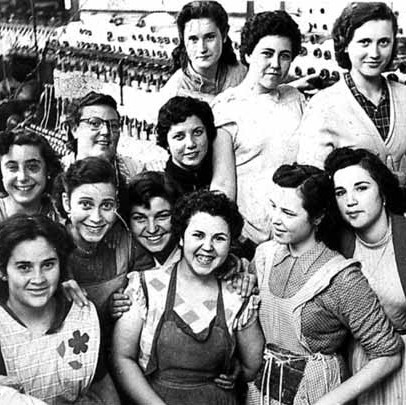
The Family PhotographPrompt #15—Rosa Alcalá

Writing Advice for Your Younger SelfPrompt #14—E.J. Koh
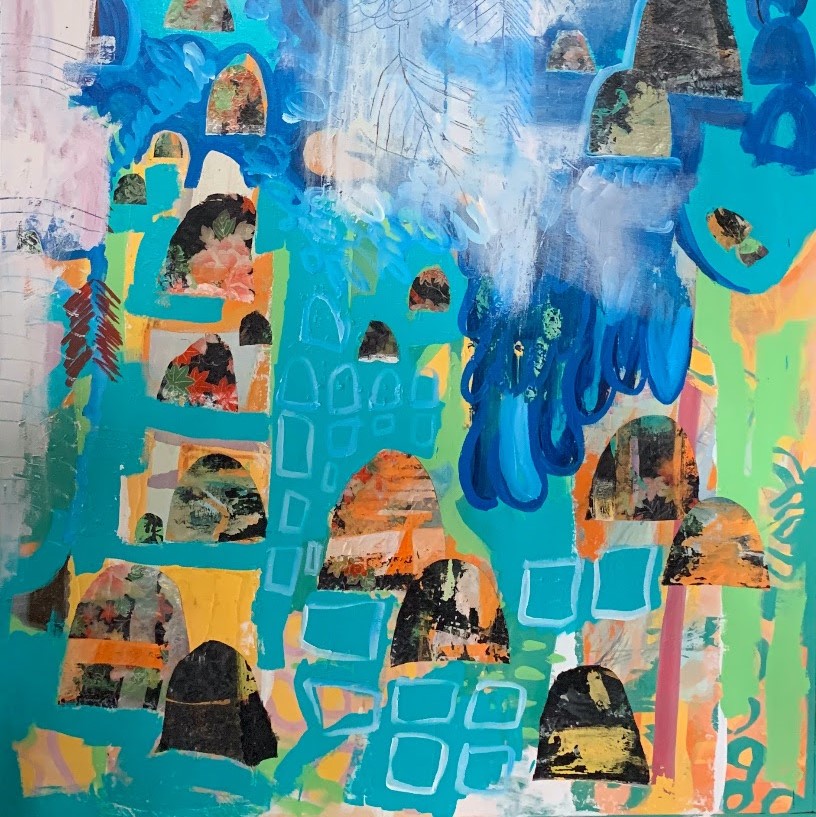
Note(s) to SelfPrompt #13—Stacy Blint
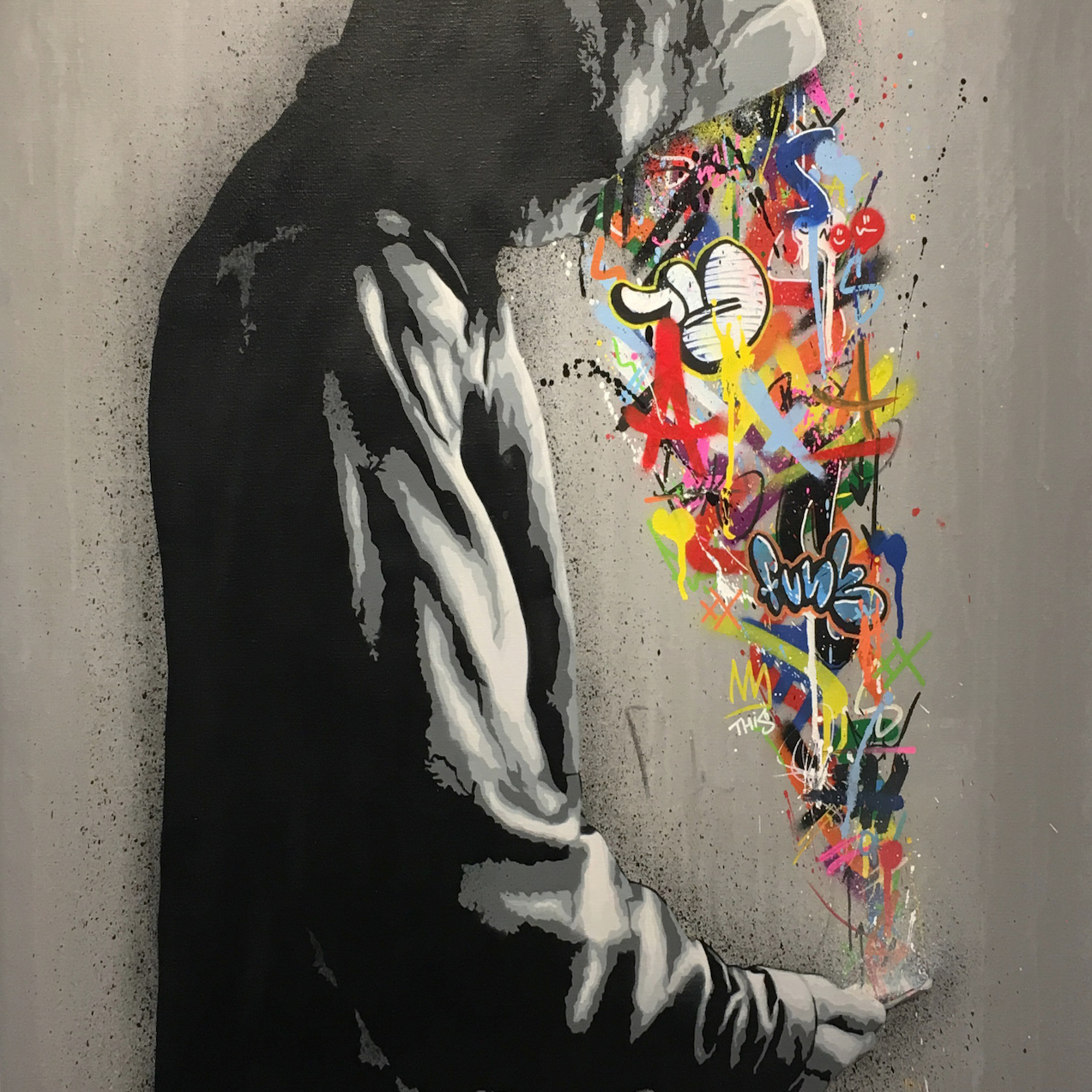
Embracing ConfusionPrompt #12—Bryon Cherry
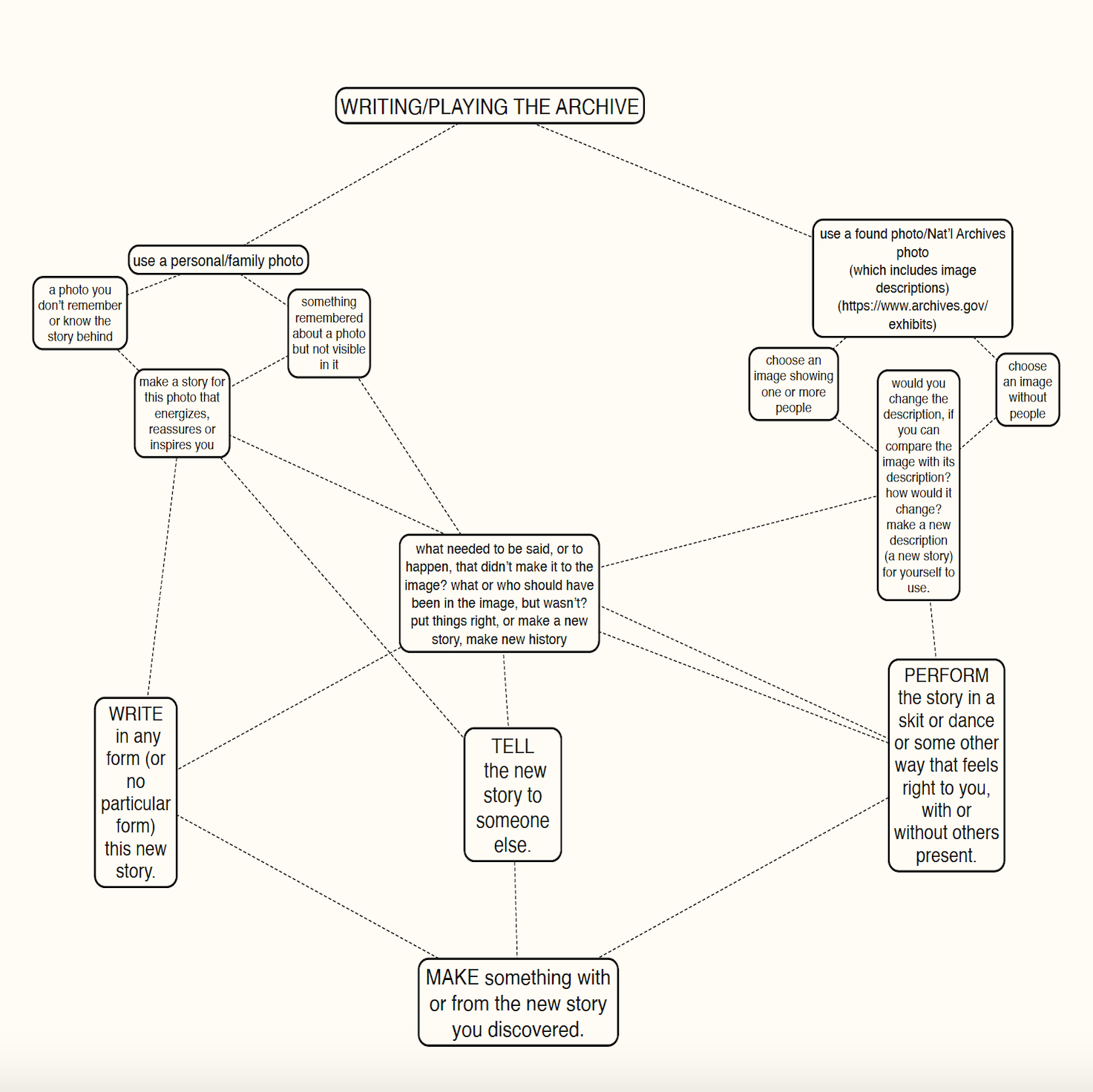
Writing/Playing the ArchivePrompt #11—Jay Besemer

CAPTURED & FREEDPrompt #10—Dasha Kelly Hamilton
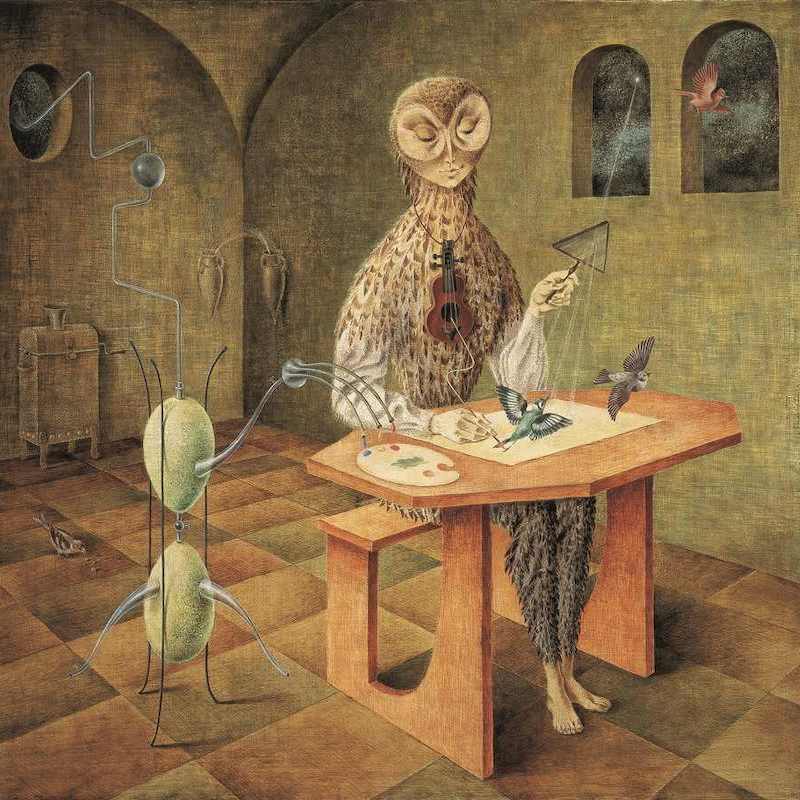
Poetic Exit StrategiesPrompt #9—Ana Božičević
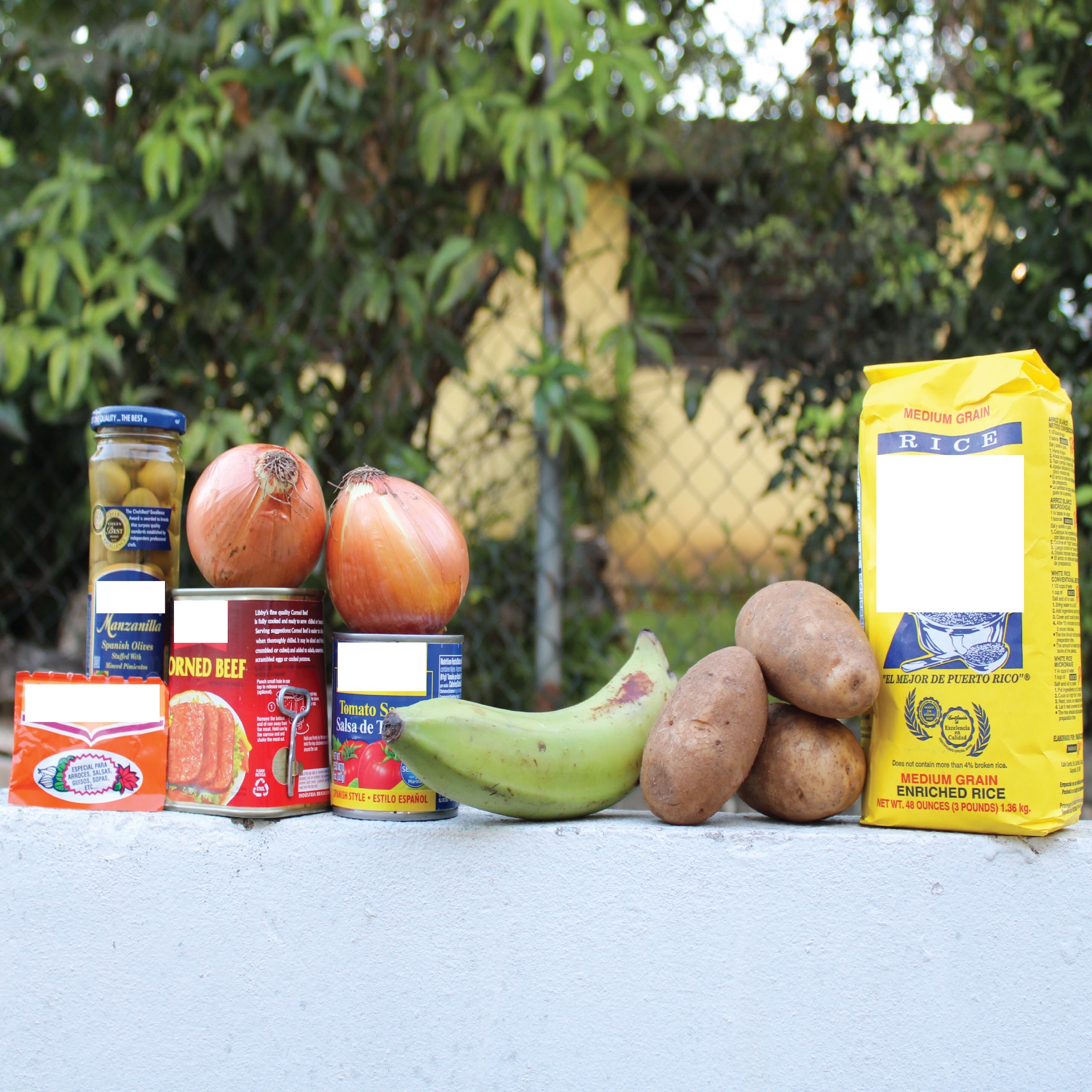
Proyecto ConbífPrompt #8—Erick "CK" Ledesma
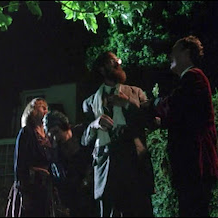
TRILOGYPrompt #6—CA Conrad

Utopian CompromisePrompt #7—Paul Druecke
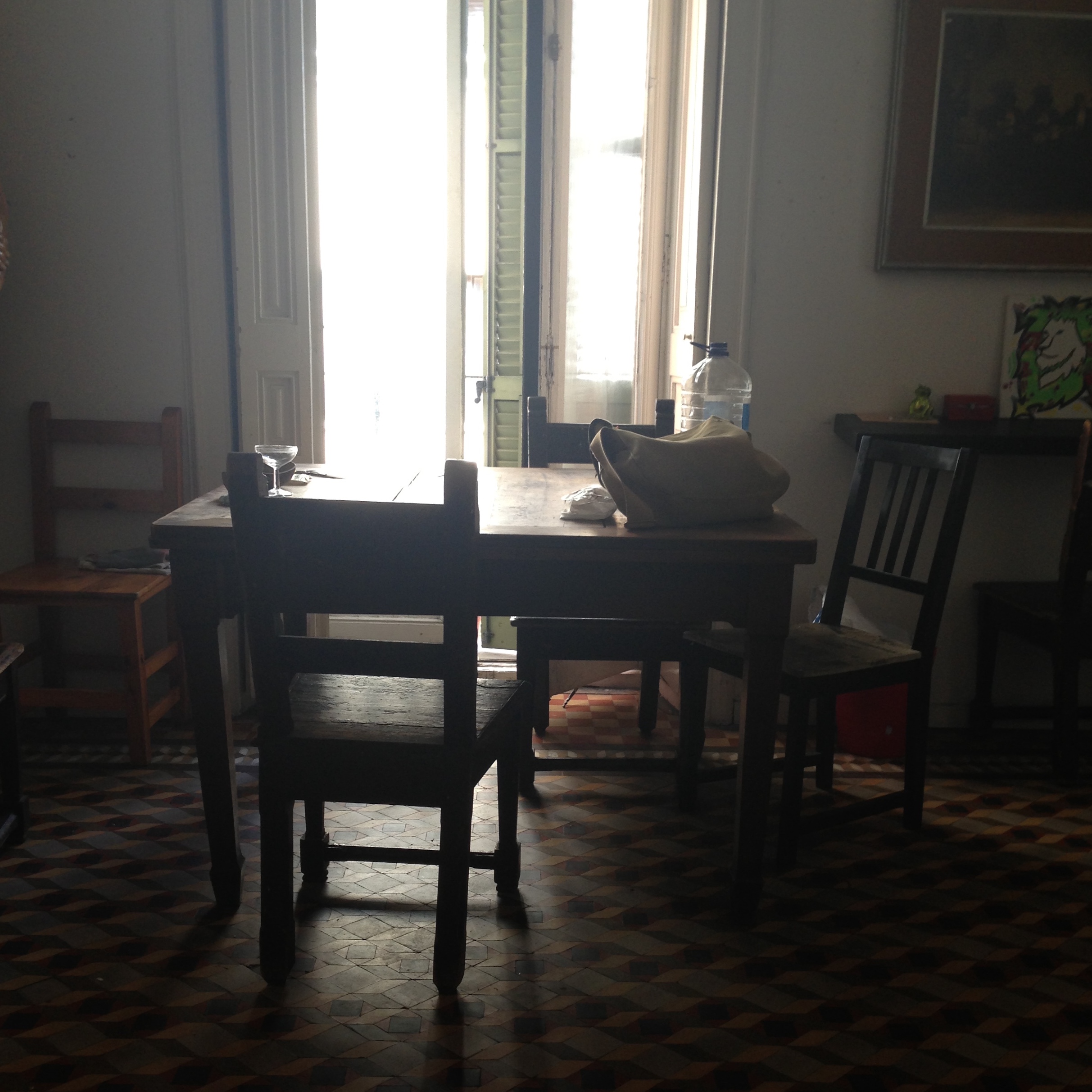
A Series of RoomsPrompt #5—Laura Solomon
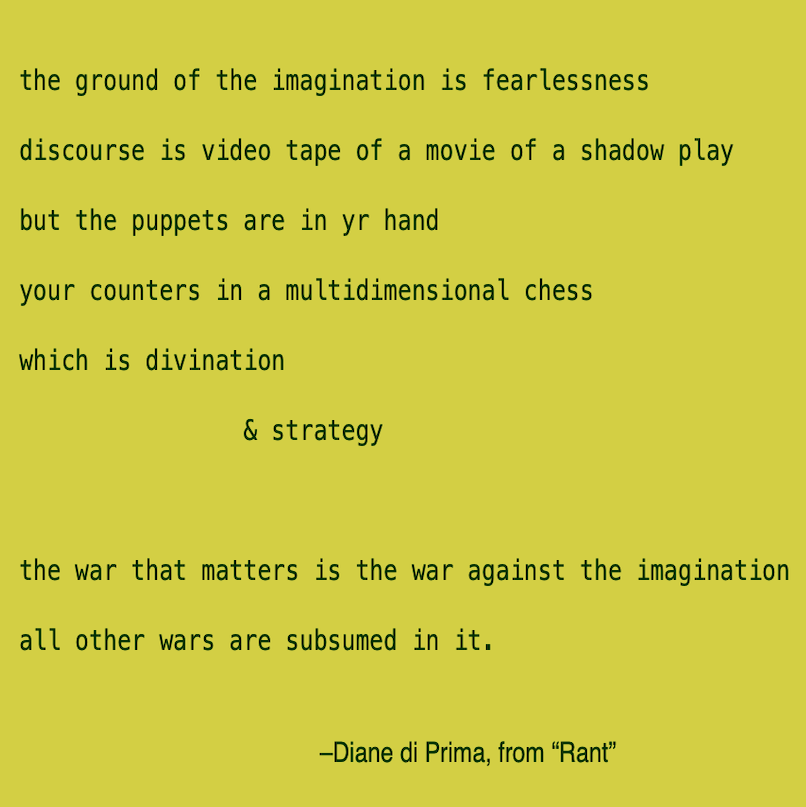
Two Variations on N+7Prompt #4—Jenny Gropp

T H E A P A R T / TOGETHERPOEMPrompt #3—Margaret Rozga
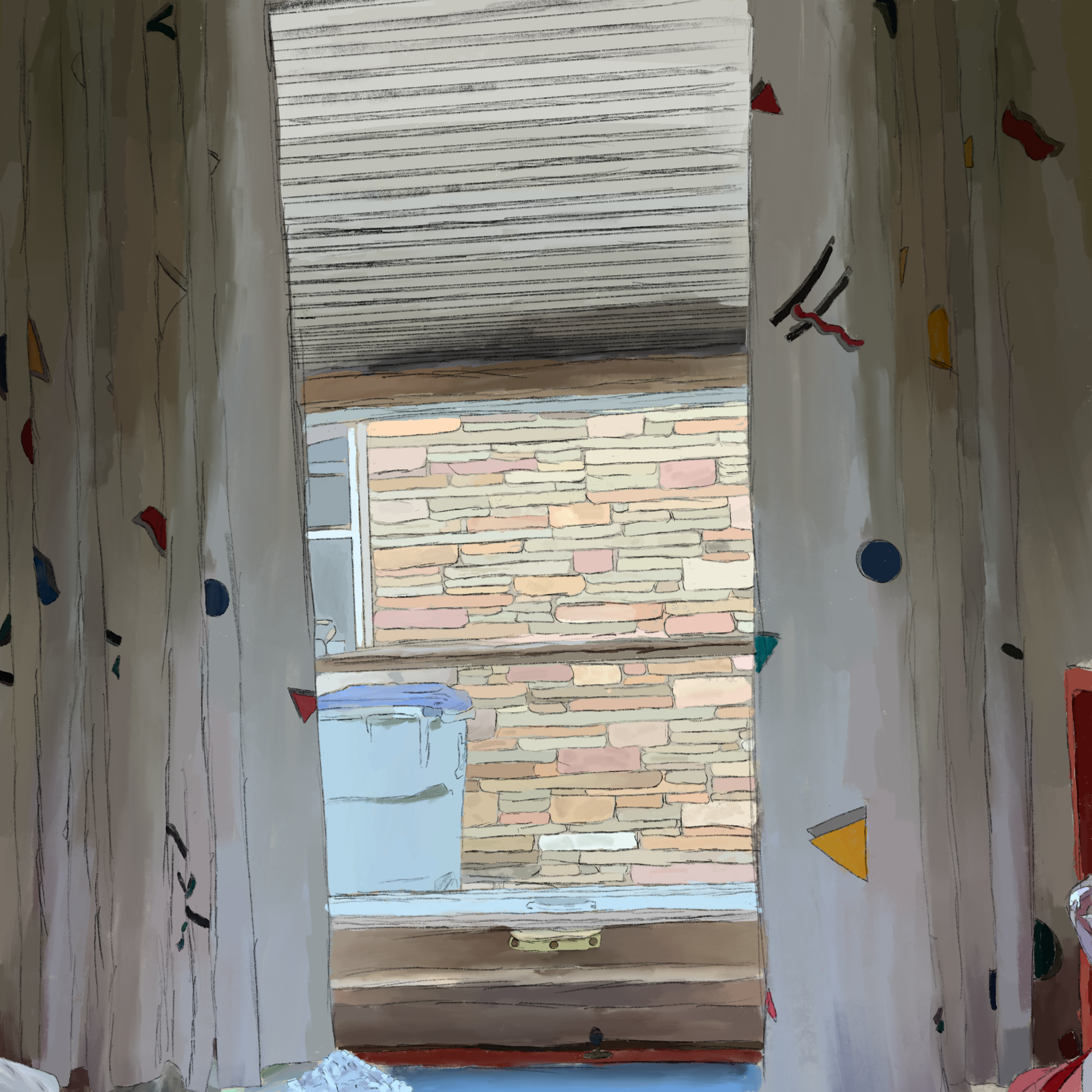
An Exercise in WindowsPrompt #2—Marla Sanvick
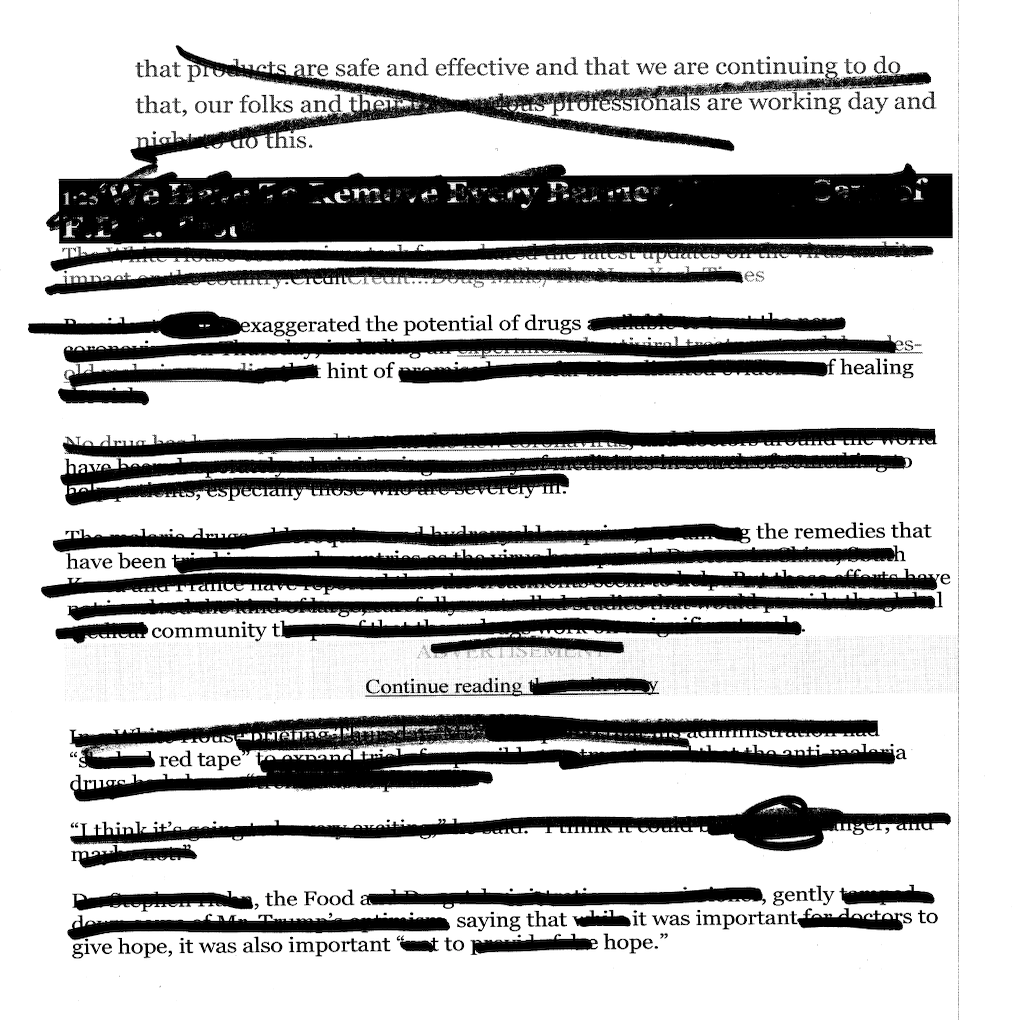
Erasuring AnxietyPrompt #1—Peter Burzynski
We acknowledge that in Milwaukee we live and work on traditional Potawatomi, Ho-Chunk, and Menominee homelands along the southwest shores of Michigami, part of North America’s largest system of freshwater lakes, where the Milwaukee, Menominee, and Kinnickinnic rivers meet and the people of Wisconsin’s sovereign Anishinaabe, Ho-Chunk, Menominee, Oneida, and Mohican nations remain present.
We further acknowledge the grave evil colonialism introduced to these lands through genocide as well as slavery, and also via racist and xenophobic beliefs, laws, and practices that continue to inflict harm upon Black, brown, and Indigenous lives. We honor those who have lived—and do live, now—at these intersections of identity and experience, and are committed to the active dismantling of white supremacy.
720 E. Locust Street
Milwaukee, WI 53212
Phone: 414 263 5001
Hours: Tues–Sun | 12-7 pm
Closed Mon
Building Accessibility: Despite the age of our physical location, and attendant limitations to access, Woodland Pattern is committed to making its programs and facilities available for as many as possible. Please call for more information.
Events Accessibility: Woodland Pattern is able to offer captioning services for its online events and with advanced notice can provide ASL interpretation for live events. Please contact us with accommodation requests and questions.
© Woodland Pattern 2025
